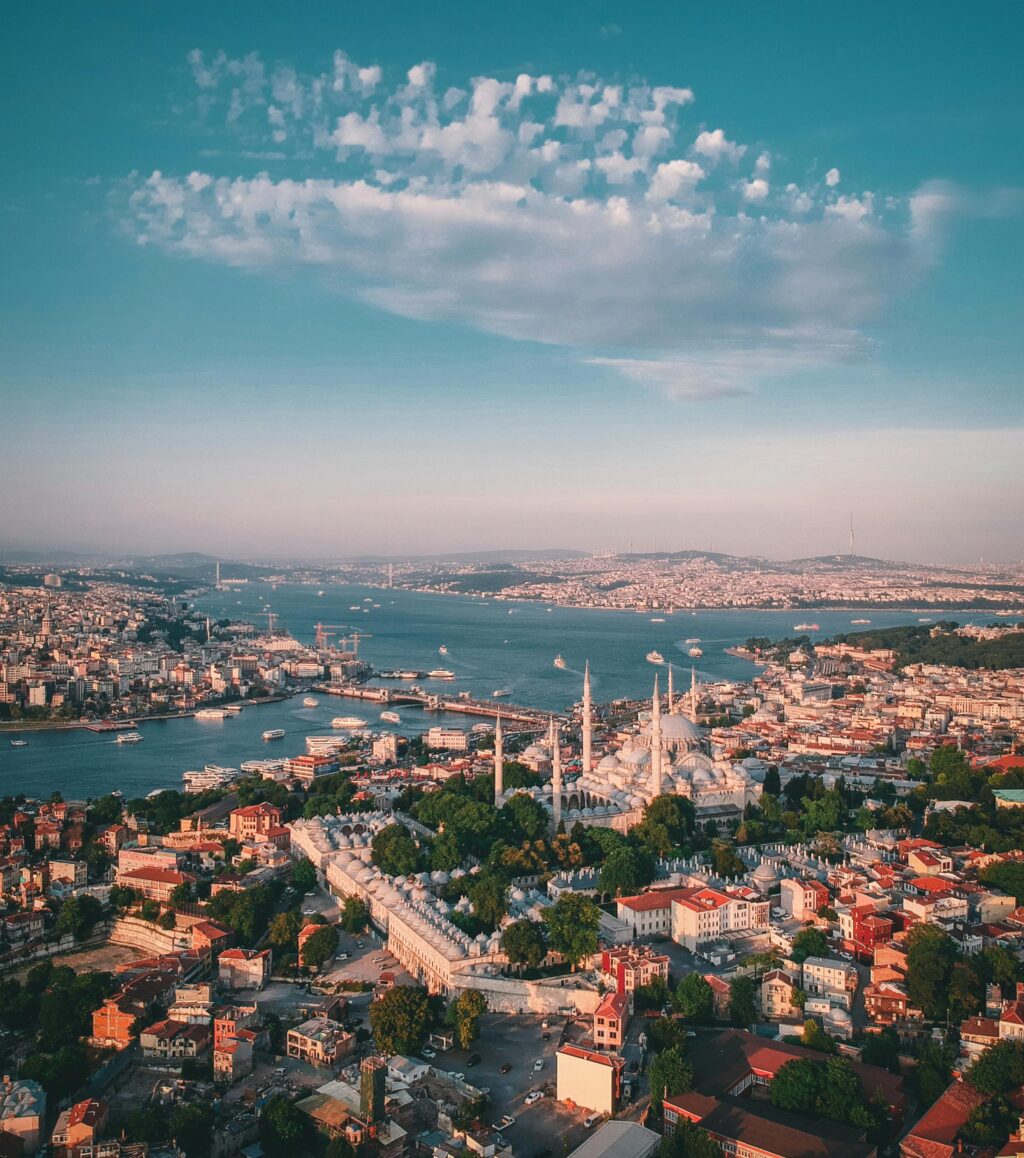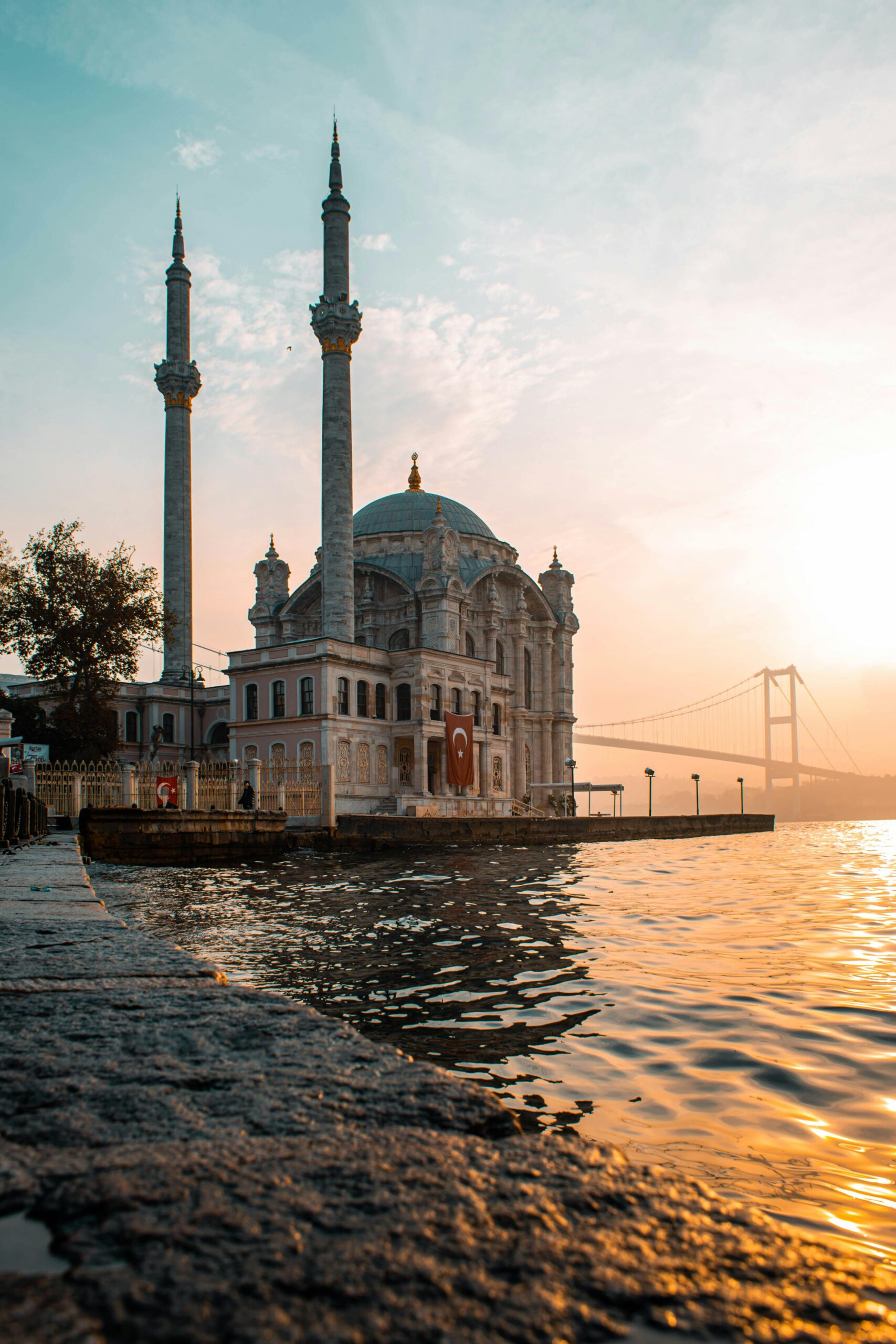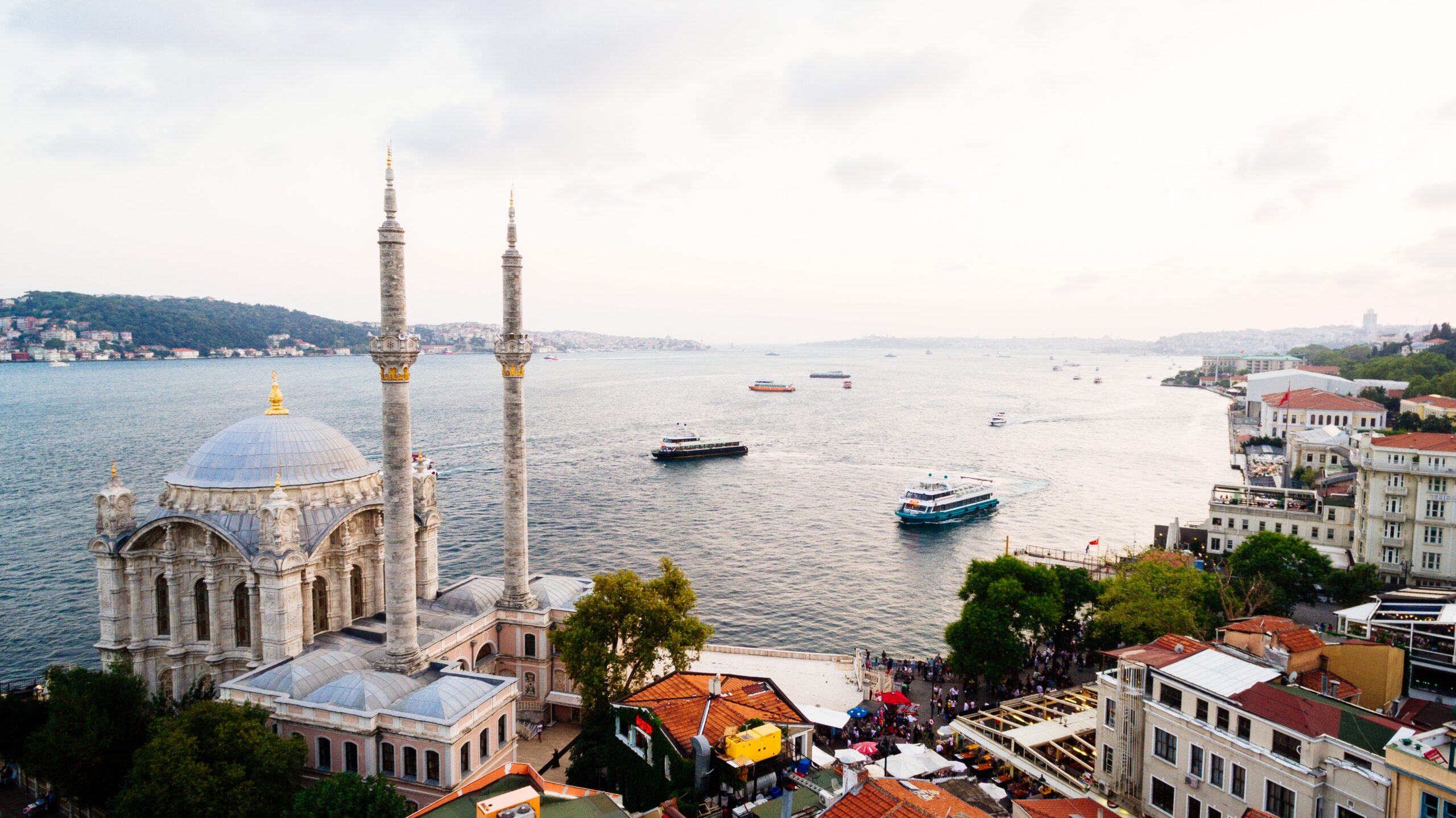Community development in Islam is a holistic approach encompassing spiritual, social, economic, and environmental well-being. Rooted in the teachings of the Qur’an and the Sunnah of Prophet Muhammad (peace and blessings be upon him), an effective Islamic community is one that thrives on inclusivity, service to others, education, economic justice, environmental stewardship, and visionary leadership. Here is a comprehensive guide to fostering a thriving Islamic community through these principles.
Inclusivity:
Quranic Verse: “O mankind, indeed We have created you from male and female and made you peoples and tribes that you may know one another. Indeed, the most noble of you in the sight of Allah is the most righteous of you. Indeed, Allah is Knowing and Acquainted.” (Quran 49:13)
This verse beautifully encapsulates the principle of inclusivity in Islam. It emphasizes the diversity of humanity as a divine design meant to foster mutual understanding and respect among people of different backgrounds. In Islamic communities, diversity is not only acknowledged but celebrated, serving as a catalyst for unity and collective progress.
Actionable Steps:
- Promote Diversity: Encourage participation from all community members regardless of race, ethnicity, gender, or socio-economic status. This can be achieved by establishing inclusive policies and practices within community organizations and places of worship.
- Create Safe Spaces: Develop spaces where everyone feels welcome and respected. This includes having accessible facilities for people with disabilities and ensuring that all voices are heard during community meetings and events.
- Foster Interfaith Dialogue: Engage in constructive dialogues with people of other faiths to build bridges and foster mutual understanding. This not only strengthens the community internally but also improves relations with the broader society.
Service to Others:
Hadith: “The best among you are those who bring greatest benefits to many others.” (Hadith – Sahih al-Bukhari)
This Hadith highlights the importance of service to others in Islam. True progress in Islamic communities is not measured by individual accomplishments but by the extent to which members contribute to the well-being of others. By prioritizing acts of kindness, charity, and selflessness, Islamic communities cultivate a culture of empathy and compassion, strengthening the bonds of brotherhood and sisterhood.
Actionable Steps:
- Establish Volunteer Programs: Set up organized volunteer programs to address local needs such as feeding the homeless, visiting the sick, and supporting new immigrants. Encourage all members, including youth, to participate.
- Support Social Welfare Projects: Initiate and support projects that provide essential services such as healthcare, legal aid, and financial assistance to those in need.
- Collaborate with NGOs: Partner with non-governmental organizations to expand the reach and impact of service projects. This can provide additional resources and expertise.
Education:
Quranic Verse: “Read! In the name of your Lord who created.” (Quran 96:1)
This commandment to read and seek knowledge underscores the significance of education in Islam. Education is not only a means of personal enrichment but also a pathway to societal advancement. Islamic communities prioritize the pursuit of knowledge as a sacred duty, empowering individuals to fulfill their potential and contribute meaningfully to the betterment of society.
Actionable Steps:
- Develop Islamic Education Programs: Offer comprehensive Islamic education that includes Qur’anic studies, Hadith, Fiqh, and the Seerah of Prophet Muhammad (peace be upon him). Ensure these programs are accessible to all age groups.
- Promote Secular Education: Encourage the pursuit of secular education alongside religious studies. Provide scholarships and support for students to excel in various fields of knowledge.
- Organize Workshops and Seminars: Conduct workshops on critical issues such as leadership, conflict resolution, and financial literacy. Invite experts to share knowledge and skills that benefit the community.
Economic Justice:
Quranic Verse: “And give the relative his right, and [also] the poor and the traveler, and do not spend wastefully.” (Quran 17:26)
This verse emphasizes the importance of economic justice in Islam. Islamic communities are guided by principles of fairness and equity in the distribution of wealth, ensuring that everyone’s rights are respected and the needs of the less fortunate are met. By upholding principles of charity, zakat, and avoiding extravagance, Islamic communities strive to create an environment where economic prosperity is accessible to all.
Actionable Steps:
- Implement Zakat and Sadaqah: Ensure proper collection and distribution of Zakat and Sadaqah to support the needy. Establish transparent and accountable systems for managing these funds.
- Support Entrepreneurship: Provide training and resources for community members to start and grow their businesses. This can include microfinance programs, business mentorship, and networking opportunities.
- Promote Ethical Business Practices: Encourage businesses within the community to adhere to Islamic ethical standards, such as fair trading, honest dealings, and avoiding exploitation.
Environmental Stewardship:
Hadith: “The world is sweet and verdant, and verily Allah has made you stewards in it, and He sees how you acquit yourselves.” (Hadith – Sahih Muslim)
This Hadith highlights the responsibility of humanity to act as stewards of the Earth. Islamic communities recognize the sanctity of the environment and the importance of preserving its resources for future generations. By practicing sustainability, conservation, and responsible consumption, Islamic communities demonstrate their commitment to environmental stewardship as a fundamental aspect of their faith.
Actionable Steps:
- Promote Sustainable Practices: Educate the community about the importance of environmental stewardship as an Islamic duty. Encourage practices such as recycling, water conservation, and reducing waste.
- Implement Green Initiatives: Launch initiatives like community gardens, tree planting drives, and clean-up campaigns. These activities not only beautify the environment but also foster a sense of collective responsibility.
- Advocate for Policy Changes: Engage with local government to advocate for policies that protect the environment. This could involve lobbying for better waste management systems or supporting renewable energy projects.
Visionary Leadership:
Quranic Verse: “And We made them leaders guiding by Our command.” (Quran 21:73)
This verse refers to the prophets who were appointed as leaders to guide their communities by divine command. In Islamic tradition, visionary leadership is essential for fostering unity, inspiring positive change, and navigating challenges effectively. Islamic communities look to leaders who exemplify integrity, wisdom, and compassion, guiding them towards a future guided by faith, justice, and prosperity.
Actionable Steps:
- Cultivate Future Leaders: Identify and nurture potential leaders within the community. Provide them with the necessary training and mentorship to develop their skills and knowledge.
- Encourage Democratic Practices: Ensure that leadership roles within the community are filled through fair and transparent processes. Encourage regular elections and participatory decision-making.
- Set a Clear Vision: Develop a clear, long-term vision for the community that aligns with Islamic values and principles. Communicate this vision effectively and ensure that all activities and projects are geared towards achieving it.
Conclusion
Building a successful Islamic community requires a commitment to inclusivity, service, education, economic justice, environmental stewardship, and visionary leadership. By following these actionable steps, community leaders can foster an environment where all members thrive spiritually, socially, and economically, thereby fulfilling the Islamic ideal of a just and compassionate society. The journey towards community development is continuous and requires the collective effort of every member, guided by the timeless principles of Islam.






